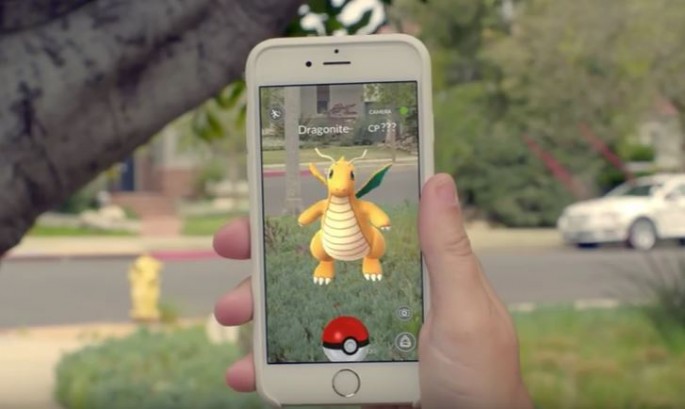The world has gone crazy after Pokémon Go, which is already on its path to become the greatest, yet an unintentional health fad ever. However, the augmented reality app may not be the solution to the obesity epidemic in the United States, as perceived already by a majority of Pokémon Go players.
Pokémon Go - released last week - has become popular among its users, much more than anyone would have expected in the first place. Free for Android and iPhone users, the game fetches the location data from the mobile phone of the player and accordingly lets users chase a fictional Pokémon character in their surrounding environment. The characters are displayed back on the mobile screen of the user.
The game has become so popular that in just one week, it has started to compete with Twitter in terms of daily volume of users, according to Vox. But there is another unanticipated aspect of playing Pokémon Go whose outcome was not realized by the makers of the game until now - it is actually making people move from one place to another.
Pokémon Go requires people to walk, run and jump to chase the Pokémon characters. While a majority of other mobile games just exercise the thumbs of the users, this game is really bringing about a change - people are now exercising daily more than ever, even greater than what the amount of physical activity that they claim doing in a week.
In fact, as players "accidentally" get exercise while playing Pokémon Go, this could even result in a pandemic of "sore legs." According to Gizmodo, a number of players have already complained about their muscle pain because of the relatively new form of workout.
Some of the Pokémon Go users are even calling the game as a "fix" for the obesity epidemic in the US. People have claimed walking 7 miles and for straight 45 minutes to catch the Pokémon character. Some users describe Pokémon Go as something that could potentially put an end to America's obesity problem.
It is clear that the game does encourage physical activity, however, it is unlikely that it could help completely "fix" the problem of obesity in the country. Obesity is on the rise because of multiple reasons, and physical inactivity is just one of them.
In addition, the surge in the popularity of the game could be temporary, just like what happened in the 1990s. Therefore, Pokémon Go could be considered as just another health fad that is unlikely to make a permanent impact on the health of its users.
The following video talks about Pokémon Go addiction:



























